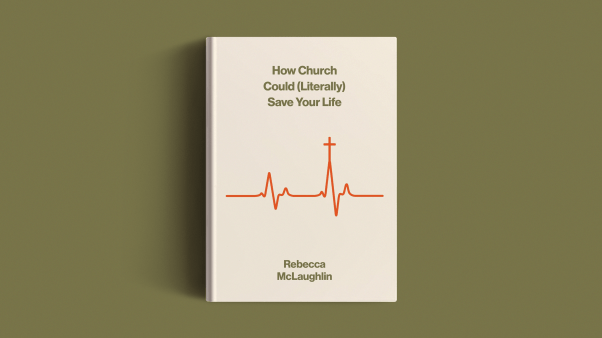Many Christians are suspicious of terms like “environmentally sustainable,” “green,” or “eco-friendly.” The images the terms conjure, and the practices they denote, are often associated with atheists, progressives, and “hippies.” As a result, too many of us ignore genuine dangers—deforestation, land erosion, oil spills—while adopting foolishly anti-environmental rhetoric.
From Nature to Creation: A Christian Vision for Understanding and Loving Our World (The Church and Postmodern Culture)
Baker Academic
174 pages
$19.29
That’s the problem Norman Wirzba tackles in From Nature to Creation: A Christian Vision for Understanding and Loving Our World (Baker Academic). According to Wirzba, who teaches theology, ecology, and “agrarian studies” at Duke Divinity School, we’ve ceased thinking of God as actively involved in caring for his creation.
The Bible paints a very different picture. “The eyes of all look to you,” declares Psalm 145:15–16, “and you give them their food at the proper time. You open your hand and satisfy the desires of every living thing.” Matthew 6 speaks of God providing food to the sparrows and “clothing” the lilies of the field. God’s rule over creation is tender, particular, and devoted.
“Creation,” writes Wirzba, “is not a vast lump of valueless matter. It is God’s love made visible, fragrant, tactile, audible, and delectable.” We’ve forgotten that the world is “a place so cherished that God enters into covenant relationship with it (Gen. 9:8–17), so beautiful that God promises to renew it (Isa. 65:17–25), and so valuable that God takes up residence within it (John 1:14 and Rev. 21:1–4).” Believers need to develop “an imagination for the world as created, sustained, and daily loved by God.”
Wirzba contrasts this view with two alternatives: one that understands nature as a mass of “resources” to consume, and another that ascribes to capital-N “Nature” near-magical powers of life-giving sustenance. The first results in destruction of the created world; the second turns it into an idol.
Much Christian antipathy toward environmentalism (and current talk of “sustainability”) arises from a rightful aversion to nature-worship. Many environmentalists seem to view mankind as a scourge on the planet, as though nature were best left untouched by humans. Yet worshiping untouched wildness leaves creation uncared for—and even, against the worshipers’ intent, un-enjoyed.
Wirzba would not have us leave the earth alone, but instead take an active part in cultivating it. “Human creaturely identity and vocation come together in the work of gardening,” he writes, “because God is the Essential Gardener, the one who related to the world in modes of intimacy, protection, and delight.” As God’s gardeners, we’re given responsibility to nurture and love, as well preserve and conserve, his creation. If we think of creation as a gift, not a possession, we’ll strive to make it healthy and vibrant, rather than succumb to the use-and-discard mentality.
Wirzba seems opposed to industrial production and market economics, perhaps to an extreme. It’s true that reducing the earth to its “resources” can fuel exploitation, and that our paeans to capitalism are often covers for greed and sin. But that doesn’t mean market forces are always detrimental.
Indeed, “market demand” has slowly but surely urged us toward more compassionate and humane forms of agriculture. Rejecting the free market altogether hardly seems like wise stewardship, as it forces us to banish major sources of innovation and productivity to the realms of the irredeemably corrupt.
But Wirzba is right that we need to reconsider some of our preferred methods of agriculture and environmental care. Doing so will require questioning the stereotypes that drive our conversation about creation. It will require a deeper reverence for the world God has given us—and maybe a bit of thoughtful gardening, too.
Gracy Olmstead is an associate editor at The American Conservative.











